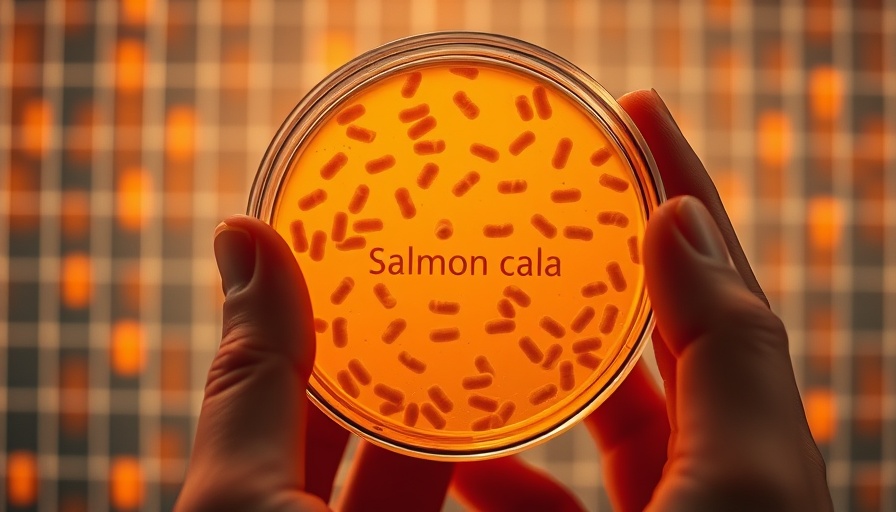
The Shocking Case of Jessica Gasser: A Glimpse Into Medical Misunderstandings
In a twist of events, Jessica Gasser, a Texas mother, has been cleared of all charges related to her alleged acts of medical child abuse in a Munchausen by proxy case. A grand jury determined that her 3-year-old daughter’s medical conditions were genuine rather than fabricated. This decision raises questions not only about the legal framework surrounding medical child abuse but also about the medical community’s perception of parents advocating for their children’s health.
Understanding Munchausen by Proxy and Its Realities
Munchausen by proxy (MBP) is a complex condition where a caregiver exaggerates or fabricates illness in someone under their care, often leading to unnecessary medical procedures. The case against Gasser was built on the premise that her daughter’s medical visits were driven by deceit. Reports suggested that Gasser was repeatedly taking her daughter to multiple hospitals in search of assistance for symptoms associated with gastroparesis and hypoglycemia. This phenomenon can have dire consequences, as genuine parents might be wrongfully accused while more intricate realities of their children's conditions remain undiscovered.
Empathy in Healthcare: Shifting Perspectives
As Gasser's attorneys argued, the perception that all cases of MBP are rooted in deceit stifles genuine advocacy for children. After a lengthy investigation, the grand jury found that the child was indeed diagnosed with her ailments, challenging the assumptions held by some medical professionals. This begs the question: how can the healthcare system better support parents who desperately seek help for their ill children without fearing being labeled as abusers?
Bridging the Gap Between Parents and Medical Professionals
Communication is key. Gasser stated that like any concerned parent, she sought help wherever she could when faced with a gravely sick child. The situation underlines a critical point; transparency, ongoing dialogue, and compassion among healthcare providers and parents can help demystify concerns over MBP. The medical community must recognize that parents who seek multiple opinions are often desperate for clarity and relief for their child, not perpetrating fraud.
Legal Ramifications: What Gasser's Case Represents
The implications of the ruling are profound. Jessica Gasser is now free from charges, yet the case highlights the broader legal attitudes toward parental behavior in the face of health crises. Is there a better approach that balances the need for child safety with family integrity? Lawyers and advocates are calling for more nuanced evaluations in such sensitive matters to prevent families from being unjustly torn apart while seeking legitimate medical assistance.
The Hurdles of Public Perception
The sensational nature of MBP cases often paints parents in negative lights, yet Jessica Gasser's case demonstrates the potential for bias within the judicial and medical systems. Societal narratives frequently lean toward suspicion and scandal, possibly overshadowing the realities of parents navigating complicated health issues. It raises awareness about the vital need for education surrounding medical conditions and parental behavior and encourages communities to adopt compassion rather than skepticism.
Conclusions: Advocating for Parents and Kids Alike
As we reflect on the case of Jessica Gasser, it's crucial to advocate for a system that empowers parents to advocate for their children's health without fear. The guilt or innocence in cases like these should revolve around comprehensive investigations, and compassionate dialogue with families rather than a rush to judgment. Everyone—families, healthcare providers, and society—benefits when there is a cohesive effort to understand rather than simply label. With that in mind, parents should feel emboldened to seek help in the face of adversity, ensuring that their children receive proper care, without the stigma of suspicion weighing on their shoulders.
We encourage readers to advocate for improved communication and understanding between parents and healthcare professionals, recognizing the importance of trust and empathy in medical care.
 Add Row
Add Row  Add
Add 



Write A Comment